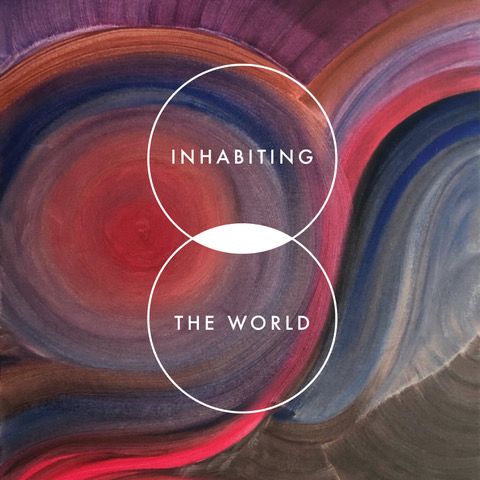Inhabiting the World with Movement

Descarga y escucha en cualquier lugar
Descarga tus episodios favoritos y disfrútalos, ¡dondequiera que estés! Regístrate o inicia sesión ahora para acceder a la escucha sin conexión.
Descripción
The topic of this episode of “Inhabiting the World”, has been suggested by one of our listeners, an alumna of the ANA School of Creativity, who was interested in reflecting...
mostra más”All things change, nothing is extinguished - said the Roman poet Ovid who lived under the reign of Emperor Augustus - There is nothing in the whole world which is permanent. Everything flows onward; all things are brought into being with a changing nature; the ages themselves glide by in constant movement. “
Already more than 500 years Before Christ, Heraclitus famously declared that all things are in motion like a stream.
The body is always in movement; even when we feel immersed in the delightful stillness of meditation, blood keeps circulating, air flows in and out and myriads of other imperceptible activities go on.
Movement means change of position, passage from place to place from the Latin movere, to move, to set in motion, which comes from the root mot. Words like promotion, demotion and even motor derive from it, along with a word that carries great weight, emotion which indicates a moving out.
The connection between body’s movement and emotion regulation has been widely demonstrated.
Emotion regulation is a person’s active attempt to manage their emotional state by enhancing or decreasing specific feelings. The neuroscientist Antonio Damasio has discovered that through deliberate control of motor behavior, it is possible to regulate one’s emotions and affect one’s feelings. This concept is used in movement therapies like Sophrology, where movement guided in a certain way evokes, processes, and regulates emotions.
It is well known that even outside of the therapeutic setting, movement is very beneficial, because oxygen is essential for brain function, and enhanced blood flow increases the amount of oxygen transported to the brain. One study showed that people who exercise have far more cortical mass than those who don't, an obvious link between movement and learning.
Like the Arabic proverb aptly states, movement is blessing.
Información
| Autor | Rosenda Meer |
| Organización | Rosenda Meer |
| Página web | - |
| Etiquetas |
Copyright 2024 - Spreaker Inc. an iHeartMedia Company

Comentarios